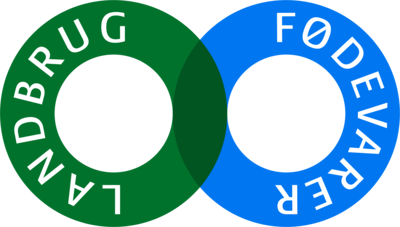Fødevaresikkerhed_EN - Flipbook - Page 4

Danish Agriculture & Food Council
Pig Research Centre
Consistency is an important parameter when purchasing batches of pork. Danish pig slaughterhouses are known for
supplying products with a high level of consistency both within a single delivery and from one delivery to the next.
Products conform to customers’ requirements and specifications.
Residues are unwanted traces of various groups of chemical substances. The authorities check for the presence of
pesticides, hormones, growth promoters, heavy metals and residues of veterinary medicines as well as antibiotics.
According to the latest calculations, no cases exceeding the established limits have been found in Danish pork. The
veterinary authorities also check for residues of various types of antibiotics and it is rare for samples to exceed the limit
values.
The use of antibiotics in livestock, including pigs, in Denmark is among the lowest in Europe, see fig. 2. The so-called
'yellow card' scheme ensures that antibiotic use is kept to a minimum. Another key factor is that Danish veterinarians
are not allowed to sell medicines to pig producers. Instead, all sales are handled through pharmacies.
In Denmark, fluoroquinolones, cephalosporins or colistin are not used to treat pigs. These antibiotics are considered
critically important in the treatment of humans and are therefore restricted to human use.
Use of antibiotics (mg per kg of produced biomass)
Use of antibiotics in agriculture in
Denmark is among the lowest in
Europe, at 31.9 mg per Population
Correction Unit (PCU).
Fig 2. Use of antibiotics (mg per kg of produced biomass) distributed across countries.
Source: European sales and use of antimicrobials for veterinary medicine - Annual surveillance report for 2023
www.agricultureandfood.co.uk/
Page 2